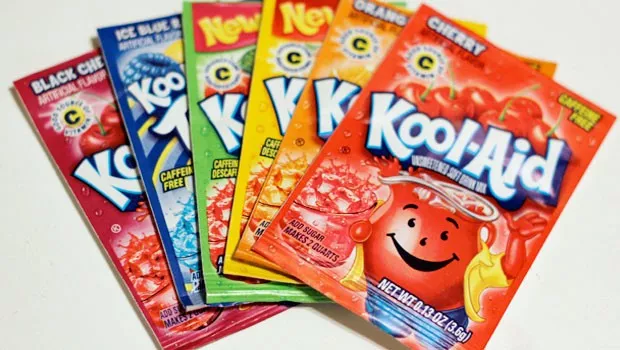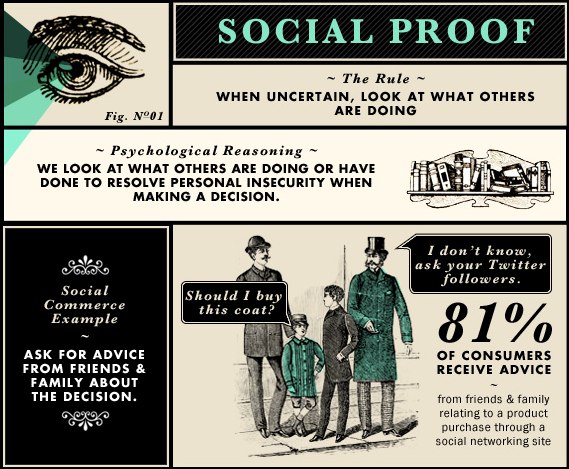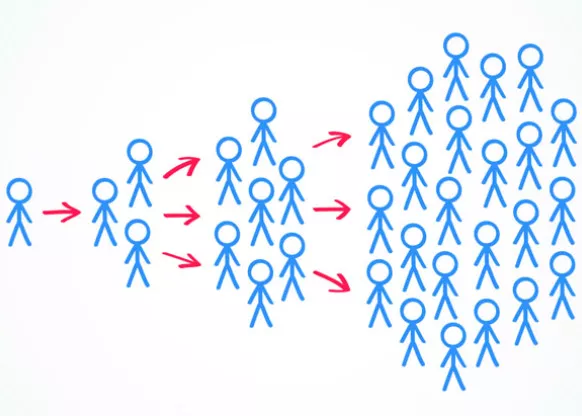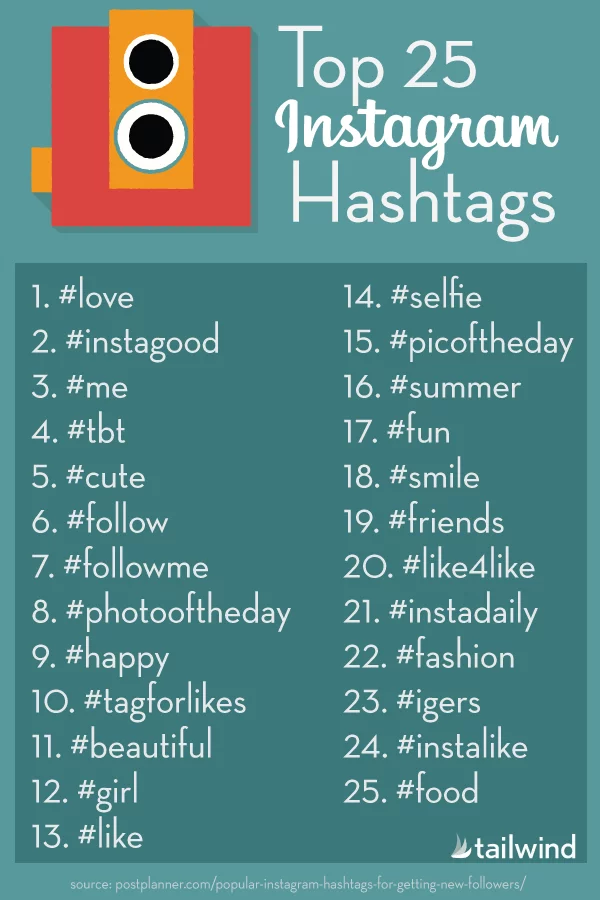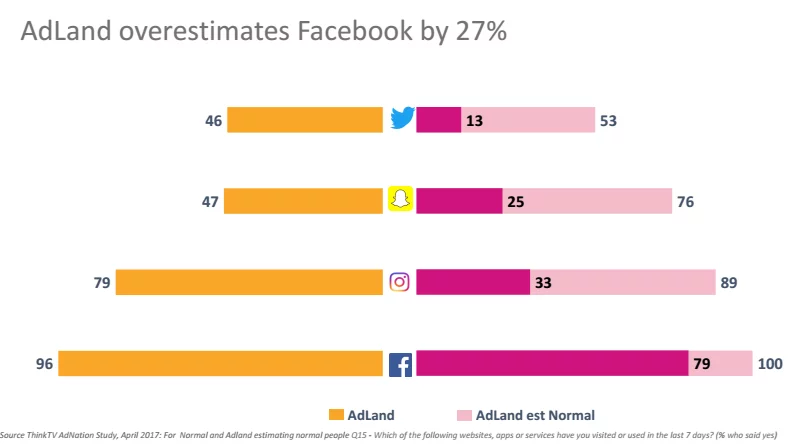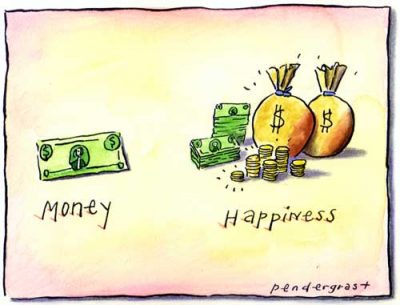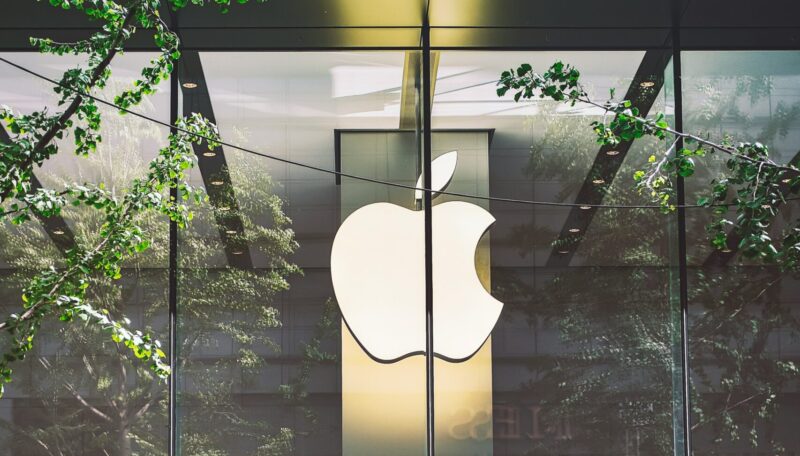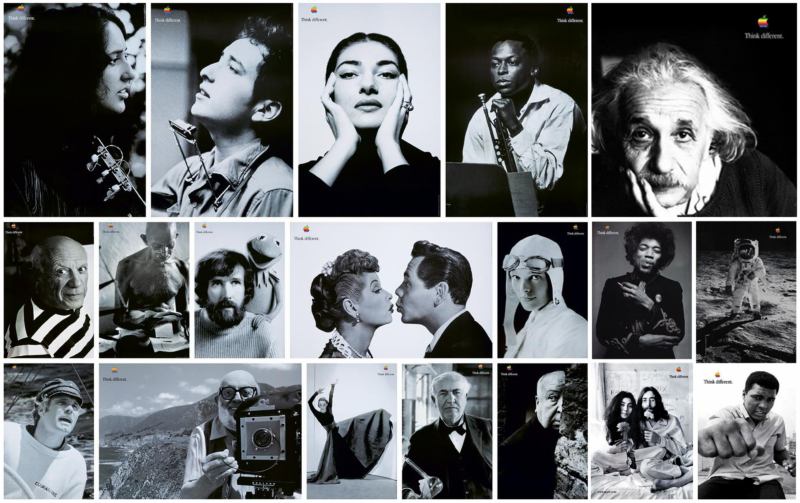Please STOP drinking the Kool-Aid
Drinking Kool-Aid is dangerous to economic and social health and well-being. Side effects include herd like behavior, myopic thinking, getting stuck in a rut, blindness to reality and failing to see and avoid dire situations. It reduces critical individualism as people, segments of the population, businesses and governments seek social proof in order to overcome their uncertainty.
(Read shorter version via here)
Social proof comes from the psychological tendency for people to seek conformity to ensure they behave in a socially acceptable manner. It makes people feel confident, a sense of belonging and sharing commonality. Organisations able to harness social proof can build strong cultures, and even communities, as a shared vision is developed towards an end goal or mission.
When people are not sure how to behave in a given situation, social proof guides the way from the information and behaviours of others. Restaurant and other online reviews provide social proof, and people typically seek multiple reviews from people like themselves, in order to define normal. What should we do? Where should we go? How should we think?
WARNING: Drinking too much Kool-Aid, can have negative repercussions.
Norms can be set with very little information or actual evidence. Attitudes and behaviours are formed by what people believe to be true and pass on to others. The Internet escalates the ease of sharing information, perceived as true, unable to be proven so, seemingly plausible, and leveraging inherent social vulnerabilities or entrenched perceptions. Such information cascades through the Internet and beyond, and create false norms.
Social pressures can be so strong that people are swept up in the current, and act and think in a way they may even know is irrational, but view as the most acceptable and least risky or embarrassing way to think and behave. People can also be moved in a way that information affirms their confirmation bias, and pushes them away from what evidence clearly defines.
WARNING: Kool-Aid can be fatal.
People can converge too quickly towards a perceived norm or default as they seek comfort from ambiguity and uncertainty. Politicians such as Donald Trump and Pauline Hanson proclaim their divisive attitudes and behaviours as normal and acceptable. They absorb and share fake news, aligning with vulnerabilities of segments of the population, that supporters adopt, and propel to their friends, family and others. Creating growing circles of social proof and norms, that are more fear than fact.
Mass suicide cults, and toxic corporate, political and sporting club cultures all come from drinking social proof warping group think, making socially unacceptable attitudes and behaviour acceptable to those who wish to believe what the leaders proclaim. Copycat suicides are when people seek to emulate the behaviour of others they identify with in publicised suicides, celebrity or otherwise.
WARNING: Kool-Aid skews the conversation away from reality.
In a social media context, social proof typically comes from likes, forwards, comments and followers. A post with five likes, has far less social proof than one with hundreds or thousands, even if hacked with a plethora of hashtags (e.g. #tonyrobbins #garyvee #startuplifestyle #startupbusiness #dropshipper #laptoplifestyle #entrepreneurship #health #fitness #workout #bodybuilding #sixpack #gym #training #photooftheday #healthy #instahealth #instagood #travel #yawn).
Hashtags seek people with the same interests (and vulnerabilities), and often people seeking to build their own followers and likes. Our social media insecurity is growing as the attention seekers, and an increasing volume of paid influencers, swamp feeds with carefully manicured posts seemed to be normal (e.g. the perfect life et cetera). Those with fewer followers and lesser ability to attract likes feel intimidated and are encouraged to remain quiet, and allow the guys with a more endorsed perspective to set the norm.
WARNING: Our leaders’ thinking can be biased from drinking the Kool-Aid.
We need to start a public awareness campaign, to warn people to not drink the Kool-Aid. The problem is the most prolific consumers of Kool-Aid are our government and business leaders, all seeking to be liked and comply with category and other norms. To follow the herd, not to path their own route. It is hard to not converge, considering study pathways and work colleagues with similar perspectives. There is a right and wrong way in most professions, and different can seem awkward, uncomfortable and risky.
Politicians and their support teams can start believing their own rhetoric, with non-aligned staff asked to leave. Innovation in business sectors is generally not from within the sector, but from entrants seeking to disrupt false norms and mismatches between social proof and the reality of consumers and evidence.
Start-up entrepreneurs, their advisers and ‘ecosystems’ can drink their own Kool-Aid, believing their idea is GENIUS, because those around (e.g. their mum, family, friends et cetera) think so. There is likely no confirmation of any product-market fit, or sense of reality as to the world beyond the carefully chosen inner circle. Unfortunately, often those there to support, fund and guide entrepreneurs are blindly drinking their own rhetoric. It is high-fives all around, the sales do not eventuate, money washes away, panic grows and the business dies.
WARNING: Kool-Aid can look pretty, but have little nutritional value.
Even many of those who are charged with communicating to the masses are caught up in their own conformity. News media can be seen as sharing more biased fiction than fact, and audience trust is declining. Digital marketing specialists can seek evidence to prove their way is best, and that traditional is dead. Social media managers can ignore the fact that no one is listening, or caring or acting on what they share. Traditional marketers can seek and share information or spokespeople to back their case as to why they are still the best. Media buying agencies can seem at times to sell what is on trend, has social proof and is therefore easier to sell, rather than what actually has an impact on brand and other targets.
Some marketers can have a tendency to seek and share experts, academics and influencers supporting their case, more so than taking a balanced perspective on the evidence. It is alarming the volume of research we conduct that displays ‘little if any measurable impact on awareness, sales or otherwise.’
WARNING: Kool-Aid biases our information filtering and seeking.
Generally categories behave as they do with little actual robust evidence. Confirmation bias (the tendency to search for, interpret, favor, and recall information in a way that confirms one’s preexisting beliefs or hypotheses) means people seek information that provides social proof to their norms. The evidence that supports an agenda, strategic preference or perspective.
Studies illustrate gaps in perceptions of business and government and those of real people (e.g. Adland out of touch with ‘real Australians’ and doesn’t understand their media habits), and politicians are well recognised to be out of touch (e.g. More voters see Malcolm Turnbull as out of touch and arrogant, Guardian Essential poll shows).
Rather, perceptions are based on their own lives, family, workmates and staff on how real people behave, use media and/or product needs. Discussions with colleagues skews the group think towards this view of normal, yet are likely such government and business leaders and workers are paid above average, have quite different lifestyles and stages of life, complexities and needs of their target audience.
WARNING:Leaders such as Donald Trump are trusted brands of their own popular, yet unhealthy, Kool-Aid.
Donald Trump has strong and vocal opposition, yet he has taken controversial positions on everything from abortions, to trade barriers and putting international relations at risk. He has been polarising, however, his approval rating is up on last year and only just behind the rating of Barack Obama the same time in his election cycle (via Gallup). Clearly, Trump has gained social proof amongst a significant proportion of voters, even if his controversy (and insanity) is second to none.
If we can learn anything from Trump, it is that conforming to social norms is not the only way. It is okay for people to stand-up for what they believe in, to follow a different path and to question the status-quo. It is a scary world if everybody simply follows the herd to avoid uncertainty and confusion. Fearing stepping outside the track, or sharing a post that only attracts a few likes. The need to be confident and speak out is critical, even if outside the norm and acceptable.
…
Because in many ways what may be viewed as the default or correct way, is more so group think. A political party, business or even a group of friends and family are likely simply conforming to what they believe to be true, with little if any evidence of any validity or a wider perspective. In reality, the evidence from market research and other data and analysis, will often prove perceived norms otherwise, and what people actually think, do and want are counter to what social proof indicates.
Moving forward, it is critical that business, government and the wider community keep an open, beginners mind and be ever curious. The future will be created not by those who conform, but by those who question the norm. And, please do not drink the Kool-Aid.
I will leave the last words to Apple on Steve Jobs’ return in 1997 …
“Here’s to the crazy ones. The misfits. The rebels. The troublemakers. The round pegs in the square holes. The ones who see things differently. They’re not fond of rules. And they have no respect for the status quo. You can quote them, disagree with them, glorify or vilify them. About the only thing you can’t do is ignore them. Because they change things. They push the human race forward. While some see them as the crazy ones, we see genius. Because the people who are crazy enough to think they can change the world, are the ones who do.”
Here's to the Crazy Ones...Think Different. AppleIn case you didn’t know or haven’t worked out, “Drinking the Kool-Aid” is an expression used to refer to a person or group who goes along with a doomed or dangerous idea because of peer pressure. It is also an actual product (Kool-Aid), which is likely interesting to drink.
Thank you so much for reading. You rock.
